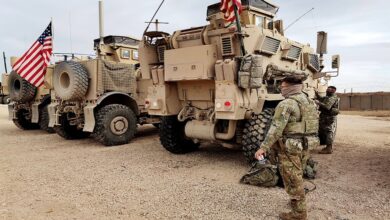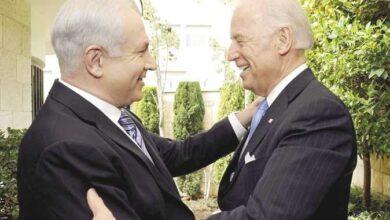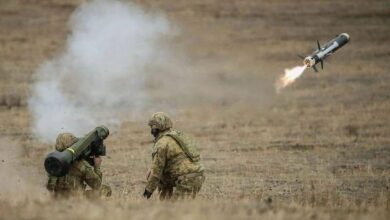The Egyptian media assumes that the United States, which adopts a sweeping attitude of hostility towards the political system in Egypt, is united, with no differences between the Congress, the administration, and the media. In other words, the president decides alone, and they all follow.
It is an assumption that has nothing to do with the U.S. decision-making mechanism. For there are some within the Congress who want to cut off aid to Egypt, and others who refuse to touch the aid. This means the U.S. legislative institution is divided. The same division exists within the two major U.S. parties.
The Congress legislates the aid for the administration to implement Yet the Obama administration is also divided. The White House differs with the State Department, and both differ with the Pentagon.
Until now, the White House did not say if what happened in Egypt was a coup or a revolution because this would determine whether the aid should stop or continue.
Obama himself said that he does not prefer the use of force to resolve political problems, and that after the intervention of the army, the Egyptian government wasted an opportunity for reconciliation and democracy. This means that the problem was not with the military intervention, but rather with the casualties and the arrests that took place afterwards.
And after he said cutting aid would not change anything, he said something that went unnoticed: namely that the majority of Americans do not want to seem (notice the word seem) as if they support actions that are against their own principles.
As to what he said about stopping violence, this was a rhetoric that the U.S. always uses, without necessarily taking action on the ground.
It was Obama who postponed the F-16 deal and the joint war exercises, but he did not stop the aid, saying it is subject to review.
The rhetoric of the State Department was less severe. When its spokesperson was asked what he meant by holding the interim Egyptian government accountable, he said that the interim government promised to move fast toward a democratically elected civilian government, which the U.S. would encourage. This is not a hostile rhetoric.
The Pentagon is the more keen on strong military ties. When there was news about Obama freezing military aid secretly, a Pentagon spokesperson denied it immediately.
As to the media, it is owned by companies or individuals, and is not controlled by the state. Some media personnel might have ties with ruling circles, but they do not necessarily follow those circles. Afterall, it was the media that blew the Watergate scandal. The U.S. media has critics and supporters of what is happening in Egypt at the same time.
And as dispute between institutions is the rule rather than the exception, it should not be ignored.
What I do not understand at all is considering the whole of the United States as hostile, and sending delegations to the administration to explain the situation.
Either the U.S. is an enemy, in which case we should defend our independence and demand an end to the aid, or it is a friend, which the delegations would reiterate. But we cannot combine both.
Edited translation from Al-Masry Al-Youm




